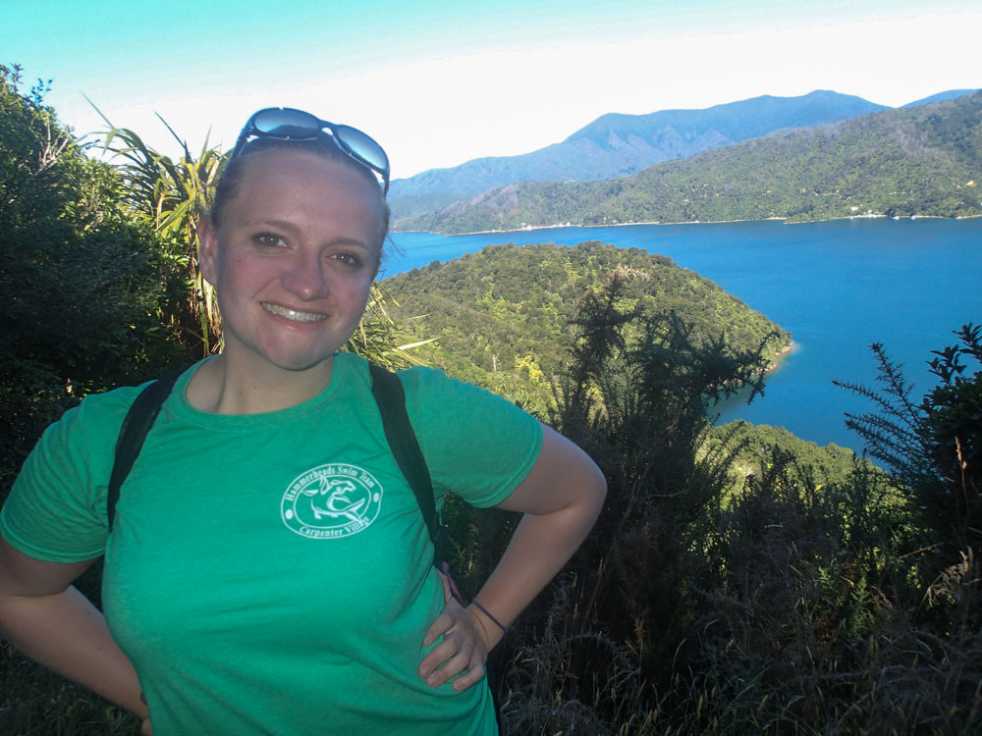In elementary school, teachers often ask their classes, “What do you want to be when you grow up?” Most students respond with professions like chef, ballerina and in some cases, even ninja turtle. On the off chance a student is even remotely interested in science, she’ll often answer doctor, vet or maybe zoo keeper. Absent from the classroom is the idea that being a research scientist, astronomer or pharmaceutical drug designer is also a viable profession. While schoolchildren have the excuse of not knowing what any of these professions or fields even are, I can’t say the same for my university. Yet, as I sit in my classes my professors seem to think that a degree in “pre-health”, not biology, is what I’m actually after.
For example, sitting in Biochemistry last semester, my professor pulled up a slide with an odd combination of lines. It was something I’d never seen before, and apparently something I’ll never see again: an MCAT-specific depiction of DNA that wasn’t going to be on the test. We spent 15 minutes going over a slide which had no relevance to our class, and offered no useful knowledge to students who weren’t pre-health.
Do those 15 minutes really matter? For me, maybe not, but what about the Biomedical Engineering? Many students come in majoring in BME not knowing what the program entails. While the major already lacks the necessary biology courses for a pre-health program, and other lab science depth, students are often determined to make it work. This isn’t inherently a bad decision. If the BME department stuck to its biomedical engineering roots, it wouldn’t matter. Unfortunately, however, critical engineering classes such as Circuits and Signal Processing (classes required in virtually all single-thread BME programs) have been dropped from the major presumably to help those who are BME and pre-health.
Obviously, the path to medical school is not easy, but it is well nown. Being pre-health is following a cookie-cutter path through undergrad, shadowing, the MCAT, med school and residency that ultimately leads to the medical field. Pre-health students are given two advisors, a multitude of speakers and a variety of student organizations to help them with this process. Do they really need so much added help that I have to sacrifice my classes and time for their benefit?
As I struggle to find my way to a graduate program, I am intentionally looking at the facets of biology not included in pre-health. Unfortunately for me, it seems like less and less of my course load actually fits into that category. I’m already in the major with no career fair and little graduate school guidance; I guess it shouldn’t be a surprise that professors are favoring the known rather than innovative. I don’t want to be a doctor, or a vet, or a zoo keeper, but just because it’s more undefined doesn’t mean my future profession doesn’t exist.
